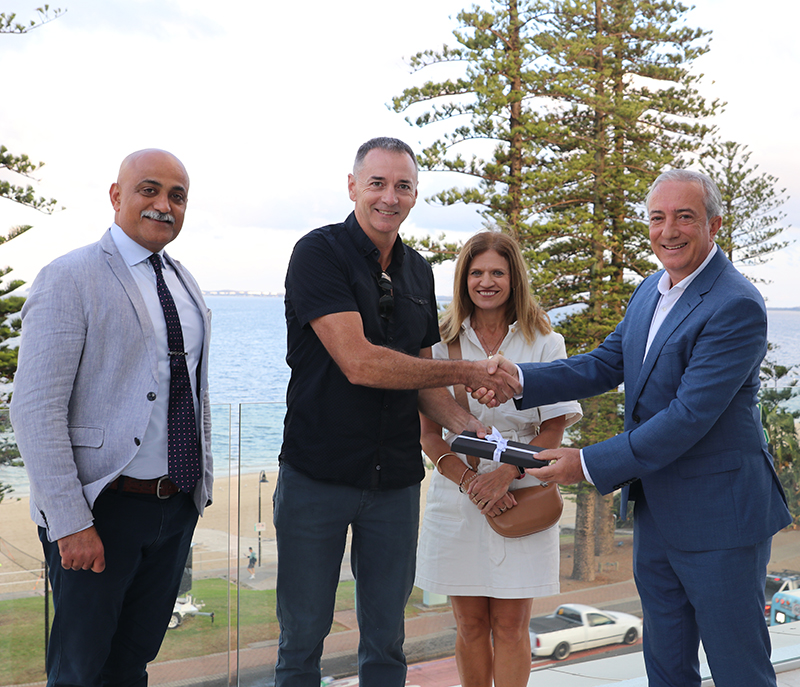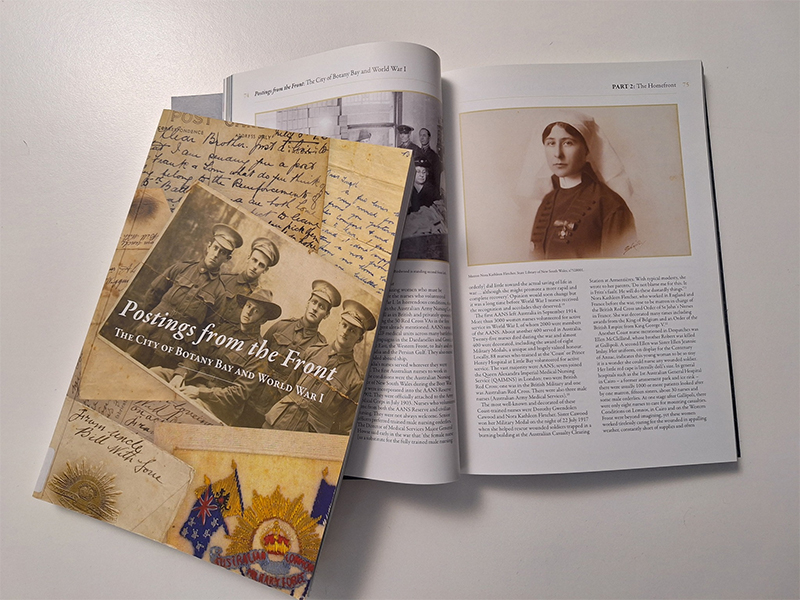
Burnet Institute Director and CEO Professor Brendan Crabb AC, and Technical Advisor Know-C19 Hub Professor Mike Toole AM explain why the Delta exit plan needs to be rapidly reconsidered in the face of surging Omicron cases in an editorial for Nine Media publications.
Wednesday’s national crisis cabinet meeting (three and a half weeks after WHO declared Omicron a variant of concern) was an opportunity to establish a nationally consistent approach to the current surge in COVID-19 cases.
To minimise the chances of substantial death and suffering, an overwhelmed health system and the inevitable severe restrictions that result, the Delta exit plan needed to be rapidly reconsidered.
Any opportunity for maintaining and strengthening less restrictive measures needed to be grasped, fast.
The outcome was disappointing. Indoor masks were strongly recommended but not mandated. A change to rapid antigen tests for interstate travellers was deferred. There was no decision to make QR code check-in mandatory, not even in hospitality venues. Quite appropriately a decision to change the period between the second and third vaccine doses was left to ATAGI (the Australian Technical Advisory Group on Immunisation).
Almost two years into the pandemic, the Australian response remains a mish-mash of different policies and practices largely determined by local jurisdictions.
And the party in power in whichever state or territory is not a good predictor of the approach taken.
This week the Liberal Premier of Tasmania announced an indoor mask mandate after just seven cases while the LNP Premier of NSW ignored pleas to reinstate modest restrictions while cases soar in his state. Most new cases in NSW are likely the highly transmissible Omicron variant.
The pace of transmission in NSW is truly breathtaking. As of Wednesday, the seven-day average of new daily cases of 2617 was four times higher than the average one week earlier. The effective reproductive rate (Reff) is sitting on 2, which is equivalent to a case doubling time of 4.3 days. In the same week, hospitalisations increased 80 percent and ICU admissions 60 per cent.
Case numbers are also increasing in Victoria but the Reff is 1.04, equivalent to a 71-day doubling time. Nationally, the daily case numbers have surpassed 5500 – by far the highest since the pandemic began.
One lesson that should have been learned over the past two years is that we need to be ahead of the virus and implement proven measures that reduce transmission and prevent hospitalisations. This is the longstanding precautionary principle of public health and routinely applied to outbreaks of all infectious diseases. Passively waiting for a surge in hospital and ICU admissions turns this principle on its head.
Dr Jeremy Farrar, the highly respected director of the Wellcome Trust, described our current global challenge in a media release on Tuesday: “We are clearly in a new and troubling phase of this pandemic. What we have seen so far is sobering but there is still much to learn about Omicron. We cannot afford to cross our fingers and hope this crisis blows over. As we have learned from the very beginning of this pandemic, it’s better to act sooner than later.”
Some states have chosen to rely on vaccination to contain their outbreaks. However, we now know that more than 15 weeks after the second dose of currently available vaccines, there is minimal protection against infection with Omicron. Protection against severe illness may be higher but the evidence is still not clear. A third dose, or booster, is essential.
However, most Australians are not yet eligible for a third dose and even among the eligible many have still not received it. For example, around 400,000 eligible Victorians have not yet had the booster.
In addition to vaccination, there are proven preventive measures. Indoor masks have been shown to reduce transmission of the coronavirus between individuals by up to 80 per cent. Masks are not disruptive and have no negative impact on the economy.
Given the solid evidence that the SARS-CoV-2 virus is mainly airborne spread, there is an urgent need to improve ventilation in all indoor spaces, including schools, churches, offices and hospitality venues.
Vaccine mandates are in place across many countries, including most West European nations. Given that only 75 percent of all Australians are doubly vaccinated, opening up all venues to the unvaccinated makes little economic sense. In fact, in NSW there are signs that it is counter-productive as thousands of people cancel pre-Christmas restaurant bookings.
Sensibly, these people don’t want to take the risk of sitting next to a table of unvaccinated, unmasked customers speaking loudly. The consequences could be infection and isolation during the Christmas period.
The QR check-in system has been a great success; it’s easy to do and is an invaluable tool in contact tracing. Given the high numbers of new cases, taking away this tool from contact tracers dooms them to a horrible and overworked summer.
We are at a critical point in this pandemic and we need to get in front of the virus, preferably as a unified nation. And we must look beyond our borders. The rich world is nowhere near co-ordinated or committed enough to mount the effective global response that is needed; one that has fairness and equity at its core.
To return to Dr Farrar’s statement: “It is staggering and deeply frustrating that two years into this pandemic – when we have gathered so much evidence and made huge scientific progress – that governments are still not anticipating events and acting early or working together anywhere near the scale that is required.”








